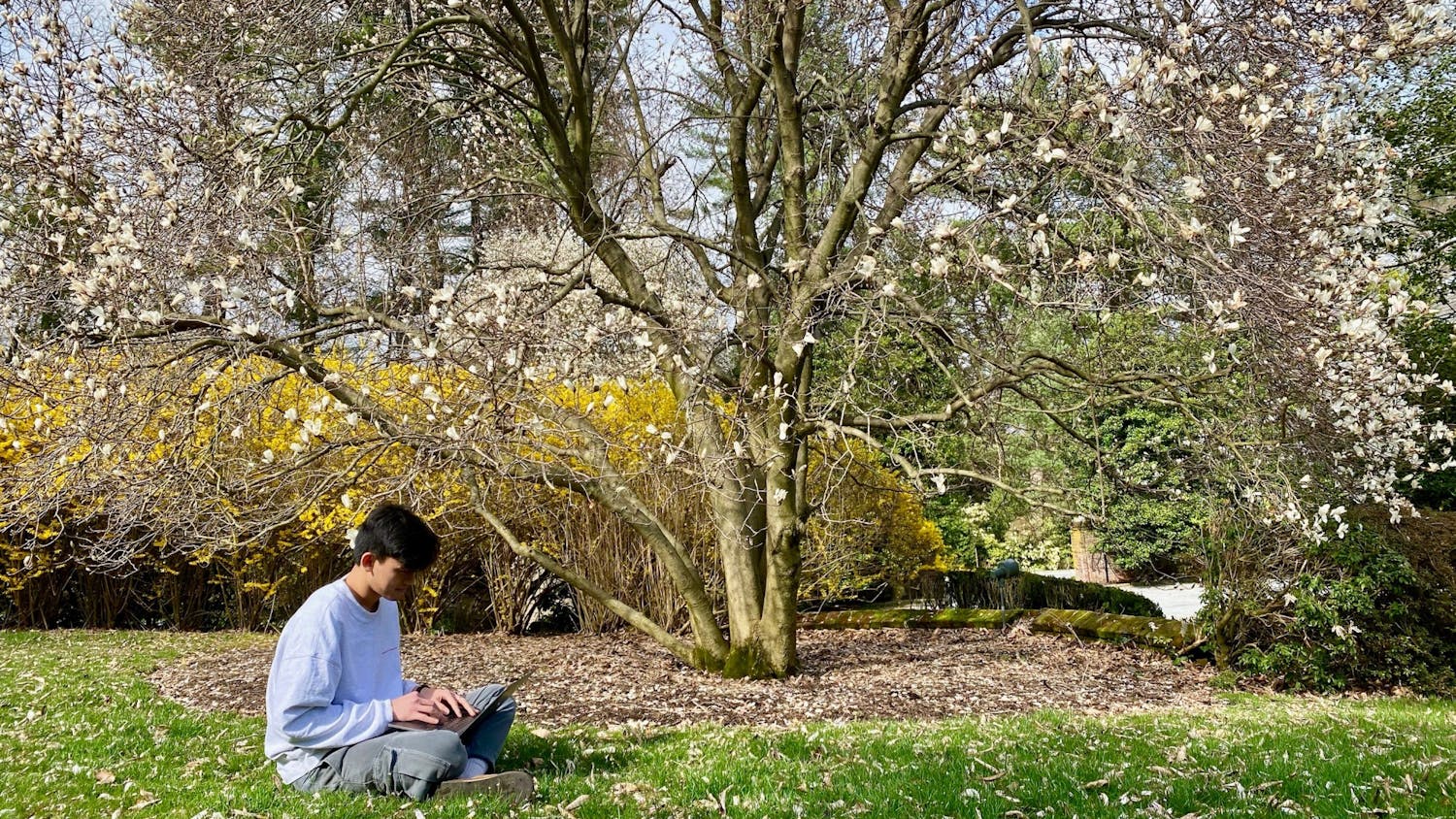Science and the law are "uncomfortable" but inevitable "bedfellows," Jed Rakoff, a U.S. District Judge for the Southern District of New York, said in a lecture Wednesday in the Rockefeller Center. The talk addressed the long-term love-hate relationship between the two fields.
"The law is very messy, and it is attracted to science in search of certainty," Rakoff said.
The hate part of the relationship becomes relevant when pseudoscience, or "junk science" as Rakoff termed it, interferes with the court system. Rakoff gave many examples of these "junk sciences," including the use of polygraphs and fingerprinting. These procedures are often inconclusive, he said in justifying his "junk" label.
"[The use of a polygraph] is not remotely scientific and, when it creeps into the courtroom, can create great mischief," he said.
Rakoff gave an example of a case in which an Egyptian immigrant living in a hotel across from the World Trade Center towers had been wrongfully accused of being involved in acts of terrorism based on his appearance and almost convicted because of polygraph results. Luckily, the man was exonerated in light of new evidence.
Rakoff warned that law and science are now yoked together in an unprecedented way because society believes that science and certainty are synonymous. Judges must work to determine whether the science is credible, replicable and generally accepted by experts in the field, he stressed. If so, then evidence pertaining to the field is admissible in a trial. Judges are the best suited to bear this responsibility, according to Rakoff.
"We are the least of the possible evils," he said.
Rakoff is on the committee for the development of the third edition of the Reference Manual on Scientific Evidence. New additions in the coming volume, he said, will include chapters on genetics and neuroscience and the roles they can play in the courtroom.
Rakoff referred to his work on the committee as the rethinking of the fact-finding processes surrounding law.
Dartmouth philosophy professor Walter Sinnott-Armstrong suggested in an interview that pre-law students should consider Rakoff's lecture when selecting courses.
"Students who are thinking of going to law school should be taking fewer government classes and more sciences," Sinnott-Armstrong said. "It's really hard to think of a case where science doesn't enter into the picture."
Rakoff added that this love-hate relationship between law and science needed to be addressed delicately, but intentionally.
"They are uncomfortable bedfellows indeed, but no twin beds are available," he said.
Rakoff's address, the William H. Timber '37 Lecture, was co-sponsored by the Dartmouth Legal Studies faculty and the Dartmouth Lawyers Association.



